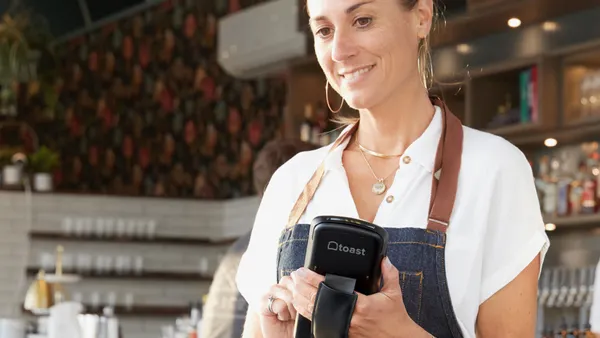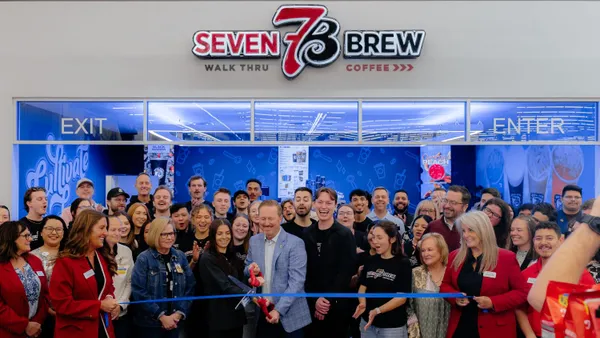Senate Democrats want the buy now, pay later industry to disclose who uses their services, how often they do and who pays late.
Sens. Elizabeth Warren of Massachusetts, Tammy Duckworth of Illinois, Cory Booker of New Jersey, Richard Blumenthal of Connecticut and Mazie Hirono of Hawaii sent letters Wednesday to the heads of Affirm Holdings, Block-owned Afterpay, Klarna Group, PayPal Holdings, Zip, Sezzle and Splitit.
They asked the companies for information about the loan services and how many transactions are made using the loans; the average size of the loans; and how many people use them.
The senators also wanted to know what services customers use, among other things. In addition, they also wanted information on the frequency of late payments.
Consumers who take out a buy now, pay later loan have an average of $871 more in credit card debt during the month of the loan’s origination when compared to non-BNPL users, a news release from minority members of the Senate Banking, Housing, and Urban Affairs Committee said. A spokesperson attributed that statistic to Consumer Financial Protection Bureau research.
The figure suggests consumers who use such services “may be taking on debt they cannot afford,” the release said, reflecting a common refrain from consumer advocates.
“Research has consistently shown that BNPL borrowers are often more financially vulnerable. Compared with non-users, BNPL users have lower savings and liquidity, lower credit scores, and more signs of financial distress,” the National Consumer Law Center and Consumer Reports wrote in a letter last year in support of a Consumer Financial Protection Bureau rule regulating buy now, pay later companies.
The explosive growth of the BNPL industry and the lack of federal guidelines since the Trump administration rescinded a Biden era interpretive rule regulating buy now, pay later transactions, make it crucial to have more information on pay later transactions, the senators wrote in the news release.
“Unlike more traditional forms of debt, there is insufficient available data about BNPL products,” the letters said.
Many pay later companies are publicly traded and have released some of the information the senators are requesting, Miranda Margowsky, head of communications for the Financial Technology Association, said in a phone interview Friday.
“What we’re seeing in the data from the companies themselves, what they report publicly, is that people are using these products responsibly,” she said. Klarna, Zip, Afterpay and PayPal are FTA members and those companies report default and charge-off rates of less than 1%, Margowsky said.
Affirm supports consistent and thoughtful regulation of the industry, a spokesperson said in an emailed statement.
“We continually engage with regulators and policymakers as part of our mission to deliver honest financial products that improve lives,” the statement said.
Klarna published an online response to the Senators’ request which noted that CFPB research suggests buy now, pay later transactions don’t lead to more borrowing across the board.
Spokespeople for the other five companies that received the letters did not respond to requests for comment.
The use of pay later products spiked during the coronavirus pandemic when consumers largely turned to online purchases and has steadily risen since then.
Last year the CFPB unveiled an interpretive rule that treated BNPL companies like credit card issuers, and provided protections to buy now, pay later users similar to those afforded to credit card holders. The agency spiked that rule in May, just months after President Donald Trump took office.














